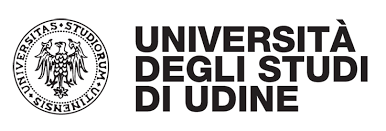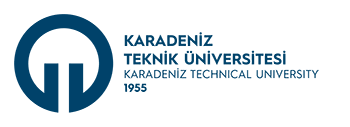The aim of this project is to improve sustainability and production of trout small-scale farming system in accordance to PRIMA SRIA. This will be achieved through 20% of reduction of the economic losses due to the infectious disease lactococcosis and 10% of improvement of the reproductive performances.
SUPERTROUT is expected to contribute to the following impacts mentioned in the work programme, under the relevant topic:
• enhance innovation capacities and appropriate technology transfer of existing or new infrastructures
A network of scientific resources, based on different research and farmer infrastructures has been created to conduct the project each one in its respective field, sharing data obtained with different scientific equipments and softwares. Ninety percent of farmers has expected to be informed about genetic stocks use and reproductive performance improvement with help of the National Associations of fish farmers.
• enhance sustainability of the small-scale farming systems and preservation of natural resources
Aquaculture is often perceived as a polluting activity by society, for this reason a sustainable exploitation of water resources from local farmers and reduction of environmental contamination due to antimicrobial treatment are critical issues.
Water resources are efficiently exploited by trout farming based on small-scale aquaculture. Infectious diseases result in major economic losses for aquaculture and concern arises about the use of antimicrobials to prevent and treat bacterial diseases. The use of genetic selection and the production of recombinant protein vaccine will enhance sustainability of the farming system, mainly due to the reduction of antibiotic treatment, and of the consequent water resources contamination with antimicrobics and of the risk of antibiotic-resistance development. This will be seen comparing data about antibiotic resistance of strains sampled in the 5 years before the beginning of the project, versus new strains sampled until the end of the project, so comparison will be done over 8 years of study.
• enhance the capacity of the staff of the living labs to provide assistance to the SMEs and to continue the project activities after the end of the project
The use of genetically resistant stock represents an innovative solution for disease control, obtained through the active collaboration of researchers and local farmers, improving the stock sharing through highly experienced eyed-eggs producers and small-scale farmers. Moreover, genetic selection is transferable and applicable by any farmer. Principles of genetic selection are well known by farmers, so the results obtained can be exploited well after the end of the project. Ninety percent of farmers are expected to be informed as stated above.
• sharing experiences and innovations (including process) among multi-stakeholders development of innovations targeted to the final users' needs
A farmer-centered approach involving multidisciplinary teams has been used to develop this project. The knowledge of the farmer was used for the co-creation of the innovative process answering to the need of a small-scale farming system, to favour multi-actor dialogues among farmers and between researcher and farmer and to build more scientifically acculturate users able to support technological developments.
• foster better access to the market of the innovation developed
National Associations of farmers and fish nutrition and veterinary pharmaceutical companies will favour the spreading of resistant stock and recombinant vaccine among farmers (letters of endorsement available on request).











